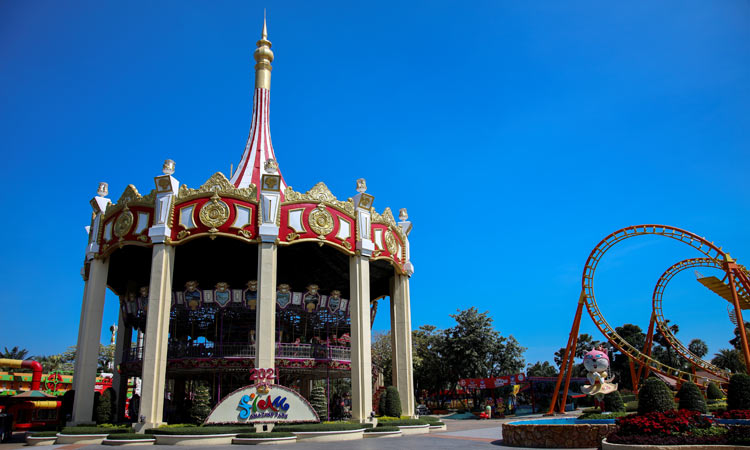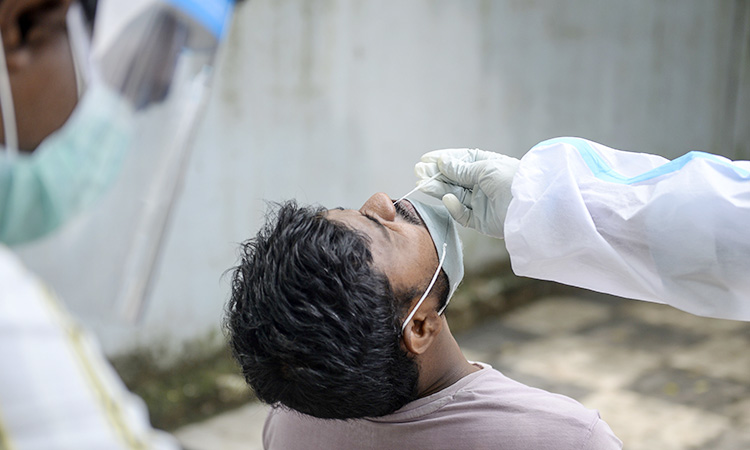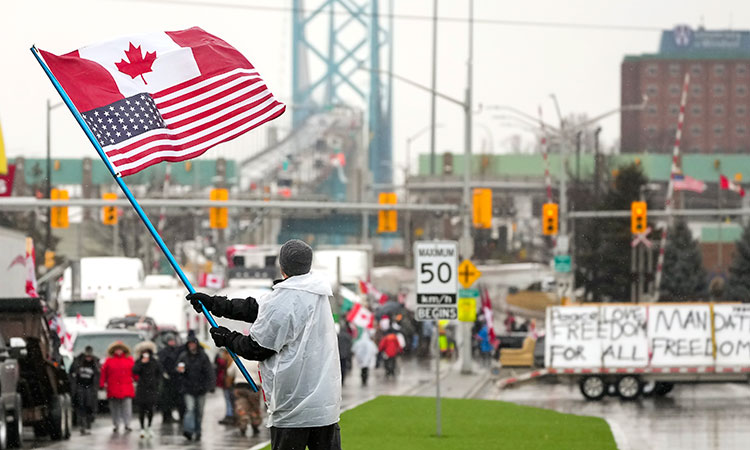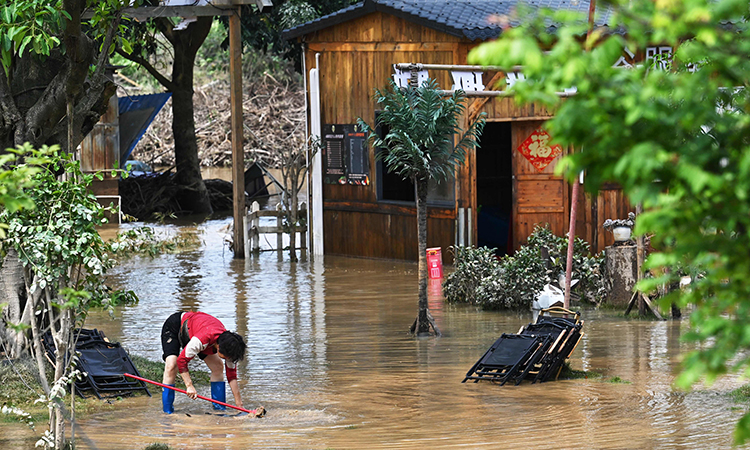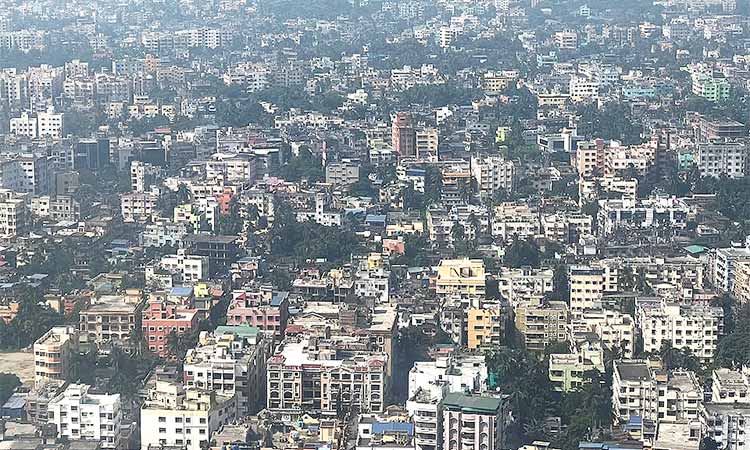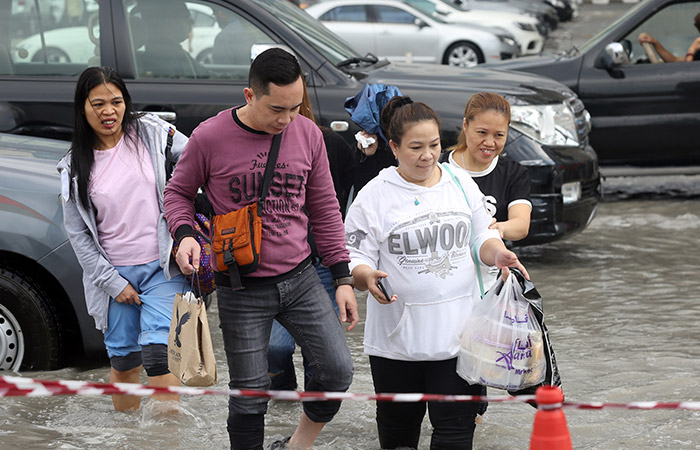Tokyo Olympic Games and virus challenges
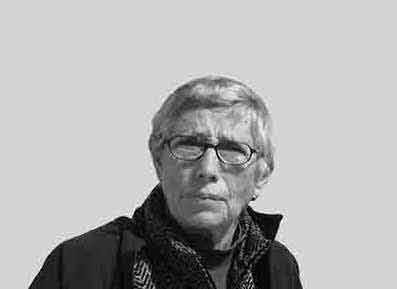
Michael Jansen
The author, a well-respected observer of Middle East affairs, has three books on the Arab-Israeli conflict.
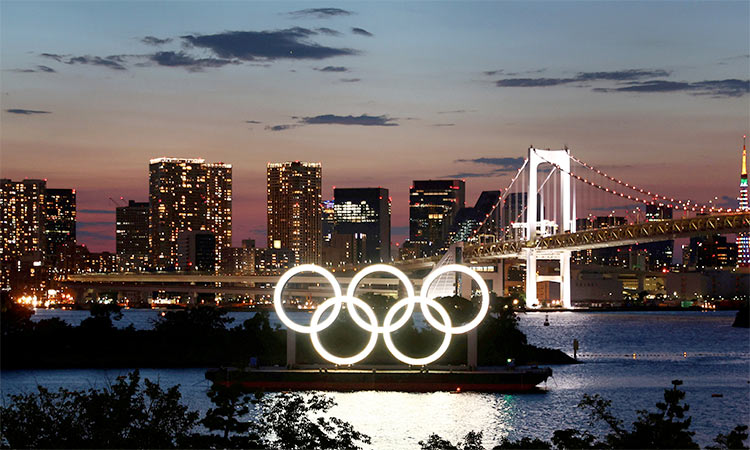
The Olympic Rings are seen in front of the skyline during sunset a night ahead of the official opening of the Tokyo 2020 Olympic Games in Tokyo, Japan. Reuters
First and foremost, delay or cancellation would deal a serious blow to global morale as countries and communities struggle to cope with constant challenges posed by the ever mutating virus. The revival across the world under Covid-restrictions of football, basketball, baseball and other popular games has boosted spirits and given fans and others hope that life will, eventually, return to something approximating normal, particularly if people accept vaccinations, social distancing, and masking for the time being.
Secondly, further delay would devastate the 11,000 sportsmen and women who have had to maintain training for another year. Some would drop out without taking part, others would find they have lost their “edge,” their competitive advantage honed by hard work and fired by the spirit to compete. For many, the Tokyo Games may be their only chance to compete, for others their last opportunity. Six athletes are representing the UAE at the Olympics, competing in skeet shooting, swimming, judo, track and field and discus-throwing events.
Thirdly, the expenditure on infrastructure and the cost of mounting the games has risen to $30 billion, three times the amount originally budgeted. An extra $2.8 billion was added by the postponement from last summer to this. Due to the Covid-driven ban on spectators at most events, the games will earn far less than the projected revenue of $6.7 billion.
Finally, these are the “Covid Olympics” and every precaution must be taken to prevent contagion. Eighty per cent of Japanese have called for cancellation of the games. They, rightly, fear the games could become a country-wide “super-spreader” of Covid infections which could escape the Olympic “bubble,” where 85,000 people are gathering, and infiltrate Japan at a time only 23 per cent of the population has been fully inoculated.
Daily Covid tests of athletes, managers, and local contractors who dwell in the sealed off “bubble” have proved positive for Covid for at least 127 individuals and foced these people to isolate. The majority of these cases have been among Japanese contractors working at Olympic sites but some athletes have also tested positive. Athletes are hosted in double rather than single rooms and N-95 respirator masks are not mandated.
Since rules have not been stringently enforced, the “bubbles” have not proven secure, particularly when it comes to the entry of national delegates who are staying in hotels outside the “bubbles.”
Tokyo has declared its fourth state of emergency as the city’s health authorities have reported more than 1,000 infections a day since July 17th. On the eve of Friday’s opening this number nearly doubled to 1,979.
Before the games opened, experts said Tokyo’s daily contagion rate needed to fall to 100 or less if the Olympics were to be held safely. This would be a miraculous achievement in a population of 14 million, especially since Japan has been slow to take measures to prevent the spread of the virus and vaccinate its citizens. Although the government did not introduce a state of emergency before April and impose lockdowns, Japan had a low rate of infection until May-June when case numbers began to climb. Japan took a long time to approve vaccines since the populace, which is normally compliant, had a low level of trust in the vaccines. Furthermore, there have been shortages of supplies and logistical problems with rollouts.
Experts fear the Olympics could be a global mega-spreader when athletes return home and mix with unvaccinated populations without adequate means of protection.
The opening of the Olympics has been plagued not only by Covid but also cursed by Tokyo’s climate which features high heat and heavy humidity during summer. The temperature in Tokyo at this time of year normally stands at around 31-33 degrees Celsius with matching humidity, making these games the hottest in history. While this should not be a problem for athletes from the UAE, who are used to even hotter temperatures and higher humidity, those coming from temperate climes are likely to be negatively affected. Some events have been shifted to cooler locations.
A typhoon lurks in the region and could make waves off Japan, interfering with sailing and other coastal events.
Due to the weather, the last Tokyo Olympics – held in 1964 – was shifted to October.
These historic summer games became known as the “political Olympics” as they marked Japan’s return to the international community after the atrocities of the Second World War. They were also the first games to take place in Asia, and the first to ban athletes from a country practicing racism – South Africa. It was readmitted to the Olympics in 1992, after the abolition of apartheid in 1990.
Tokyo had previously been chosen as the site for the 1940 Olympics but the games were shifted to Helsinki after Japan invaded China. The 1944 games, awarded to London, were cancelled during World War II and held in London in 1948. They were dubbed the “austerity” games because of the dire post-war economic situation and rationing. No new venues were built, athletes and spectators managed with facilities that survived the blitz. Summer games which followed were held in Helsinki, Melbourne, and Rome.
The first summer games of the modern Olympiad were staged in Athens, in 1896. The original games were at Olympia in the Peloponnese. They were an integral part of a religious festival held every four years from 776 BC until the end of the fourth century BC in honour of Zeus, father of the Greek gods and goddesses, and were attended by Greek-speaking male citizens from all corners of Greece and Greek communities across the world. Olympia boasted a towering statue of Zeus which was one of the seven wonders of the ancient world along with the Great Pyramid at Giza in Egypt and the Hanging Gardens of Babylon. The ruins of Olympia’s sanctuary, dating from 2,000-1,600 BC, are a Unesco world heritage site.

